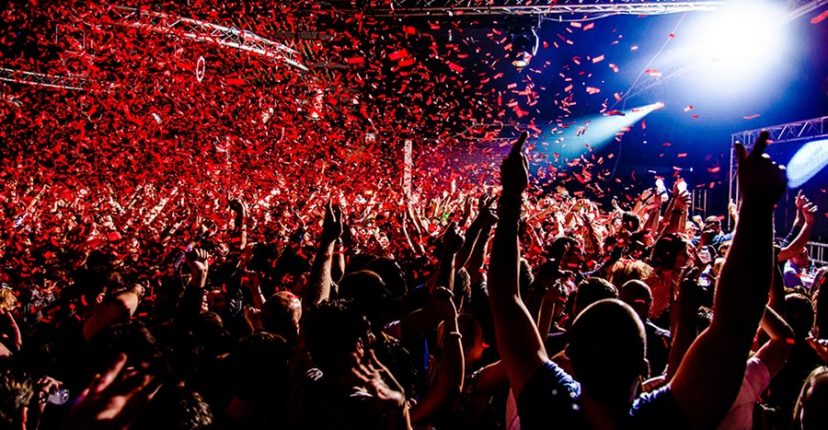What will you communicate in your event?
But what’s the difference between theme and concept? In the manual “Event – How hard can it be?”, published by the Inspiration Agency, it’s described roughly as follows: A theme is extraneous to the event, be it white, New York, cowboys or the 70’s. The concept, however, is built on the company’s strategies: vision, mission and values. The concept should not change over time and it should work in all kinds of communication.
While a theme can be something that is just used for entertainment, the concept is a more long-term way to work. A theme doesn’t require a lot of thinking or planning. But a concept does. We will, therefore, be concentrating on the latter. The concept should mirror what you are and express your company’s values. The concept should be something that makes your business unique in relation to your competitors.
Be sure to take your time when working out the concept for your event. Below are three points that can be worth taking into account in your planning
- What do we stand for? What is the overall message that your business stands for? What does your brand promise? What kind of feeling should it give? What type of tone is typical for your particular company?
- What do we need to communicate right now? What is the specific message that your company needs to communicate at the moment? Is there anything of particular significance? Could it be about communicating the meaning of the new graphic profile? Does the latest half-yearly report needs celebrating? Is there a new product coming out?
- Who is the target audience? What type of customers/employees/stakeholders do you have? Are they conservative? Are they curious? What means of address does this target group feel comfortable with?
If you have these three questions in mind during all your planning and meetings, you will find it easier to keep your planning on the right track
Practice what you preach
Make sure that everyone is on board when you are planning. This can’t be emphasised enough. It’s important for your own morale and for long-term success that the company really lives its brand. If your employees are not with you in thought and action when planning your concept, there is a significant risk that the project will break down in some area. You avoid this best by constantly getting approval for all work from those you are putting on the event with. This means everyone. From the restaurant manager to the sandwich maker. From the hotel manager to the porter. From the general to the private…and so on.
First, the big picture – then go into the details
When you, along with your team, have identified and answered the points above, it’s time to start planning the event in more detail. Planning can be done similarly to in a normal communications plan. Divide up the plan into an overall strategic part and an operational part. In the strategic plan, you draw up guidelines for what the event should result in, what the overall goals are and how to achieve them. In the operational part, you describe in more detail how everything should be done, at which time and by whom. The operational part should be a living document that is constantly subject to possible revision and correction along the way. And here, like everywhere else, it’s important that all changes are communicated to all the parties involved. Backing is the keyword.
Everyone in the project should pull in the same direction
Consider all the elements of the event and how they should be communicated at each given time. Who should say what and what should be said? How should invitations be done? How should advertising be done? Should there be a single newsletter or a weekly letter? Who should do the welcoming? Should there be a speech? Make a note all of this at an early stage and share delegate tasks well in advance. Those involved must be given good time to plan so that their work will fit in with your concept as well as possible. Assemble the group periodically to get feedback and to coordinate all the input. Listen carefully to everyone – is their planning in line with the common concept?




